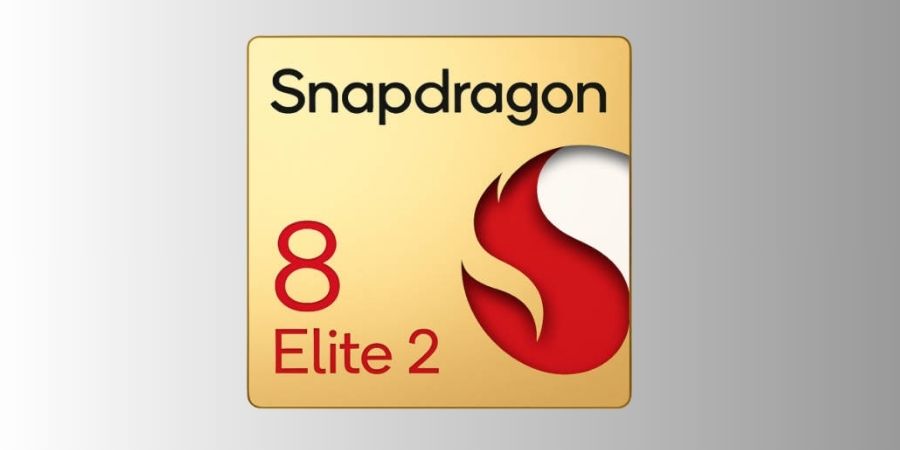In the last few years, countless individuals have begun looking to technology for assistance with their emotional health. Mental health experts remain the foundation of therapy and treatment, but AI mental health support is transforming the way we see support, particularly for individuals who may not necessarily have easy access to conventional care.
It’s not replacing human therapists, but making assistance more accessible. Imagine it as a helpful tool that listens, picks up on patterns, and helps those in distress. AI mental health support has become a bridge between need and access.
Let’s take a look at how this is occurring through virtual therapists and intelligent systems that can really forecast when a person might be in emotional distress.
Talking to a Bot Doesn’t Feel So Strange Anymore
One of the most popular virtual therapist examples is Woebot. It’s a chatbot that speaks like a good coach. It regularly checks in with users, inquires about how they feel, and even gives tips on how to deal with stress or sadness. The idea isn’t to pretend to be an actual therapist, but to be present between therapy sessions or when no one is there.
Surprisingly, more and more people find it simpler to talk to a bot since there is no risk of judgment. It’s always on hand 24/7 and gives useful advice depending on the way someone feels. Virtual therapists like these can never substitute professional assistance, but they provide individuals with an area where they can rant, think, and develop emotional competencies.
As more people download mental health apps and use tools like Woebot, we’re starting to see how AI mental health support can offer support that feels personal—even if it’s coming from a screen.
Understanding Someone’s Struggles With Data
One of the cleverest aspects of AI in psychiatry is its capacity for looking at patterns and assisting in early concern spotting. That’s where predictive diagnostics step in. Essentially, these are algorithms that are trained to search for indications of emotional distress or even threats such as depression or self-harm—possibly prior to the individual actually knowing that they are having a problem.
At Vanderbilt University Medical Center, researchers developed a system that predicts who is likely to be at risk for suicide based on medical records and patient history. This represents a big leap in predictive diagnostics, since early warning signs are easily missed even by professionals.
These tools aren’t designed to make ultimate choices, but they do alert practitioners to where a patient may require additional attention. That’s significant—because it suggests lives could be saved just by noticing a problem sooner than anyone would have before. AI mental health support plays an important role in this early intervention.
How AI Helps Doctors and Therapists Work Better
Another tool to be noted is AI-COA (AI Conversational Observation Assistant). It assists doctors by providing them with more information about what a patient may be experiencing. It listens in therapy sessions and provides feedback regarding mood shifts, voice tone, or keywords indicating emotional distress.
For therapists, that means added support. They have more to work with and can tailor their care plans to accommodate an individual’s actual needs. AI in mental health isn’t about replacing a therapist’s job—it’s more akin to providing them with an additional set of ears and eyes.
This type of assistance makes therapy more robust and concentrated. If used correctly, predictive diagnostics can detect subtle changes in mood or behavior that may otherwise be overlooked during routine check-ins. AI mental health support enhances the care process by offering another layer of insight.
Making Mental Health Support More Affordable and Available
Where there aren’t sufficient mental health professionals, online therapists can step in. They’re not only for individuals with severe disorders—they’re beneficial for anyone who’s coping with day-to-day stress, burnout, or mood swings.
They’re also cheaper and more accessible. A person is able to utilize an app from their couch or on their lunch break. That convenience is why so many are looking to AI mental health support—it’s fast, easy, and gives instantaneous assistance.
Of course, it’s not without flaws. The chatbot can’t catch everything. But with the regular therapy or counseling, it’s a game changer. And with predictive diagnostics, even the system can lead people to seek help before things deteriorate.
What the Future Holds
As we look to the future, artificial intelligence in mental health will become even more prevalent. Equipment will improve, become more precise, and simpler to operate. Virtual therapists will be more like people. Predictive diagnoses will keep improving and provide physicians and families with new means to care for those they are concerned about.
The key thing to keep in mind is this: these resources exist to assist. They cannot substitute for genuine human connection, but they can make mental health support more accessible, particularly for individuals who might otherwise be isolated. AI mental health support will likely become a vital part of that shift.
So whether someone is checking in with a friendly chatbot or getting help from a tool that understands their emotional history, it’s clear that AI mental health support is becoming a quiet partner in the journey toward better mental well-being.













